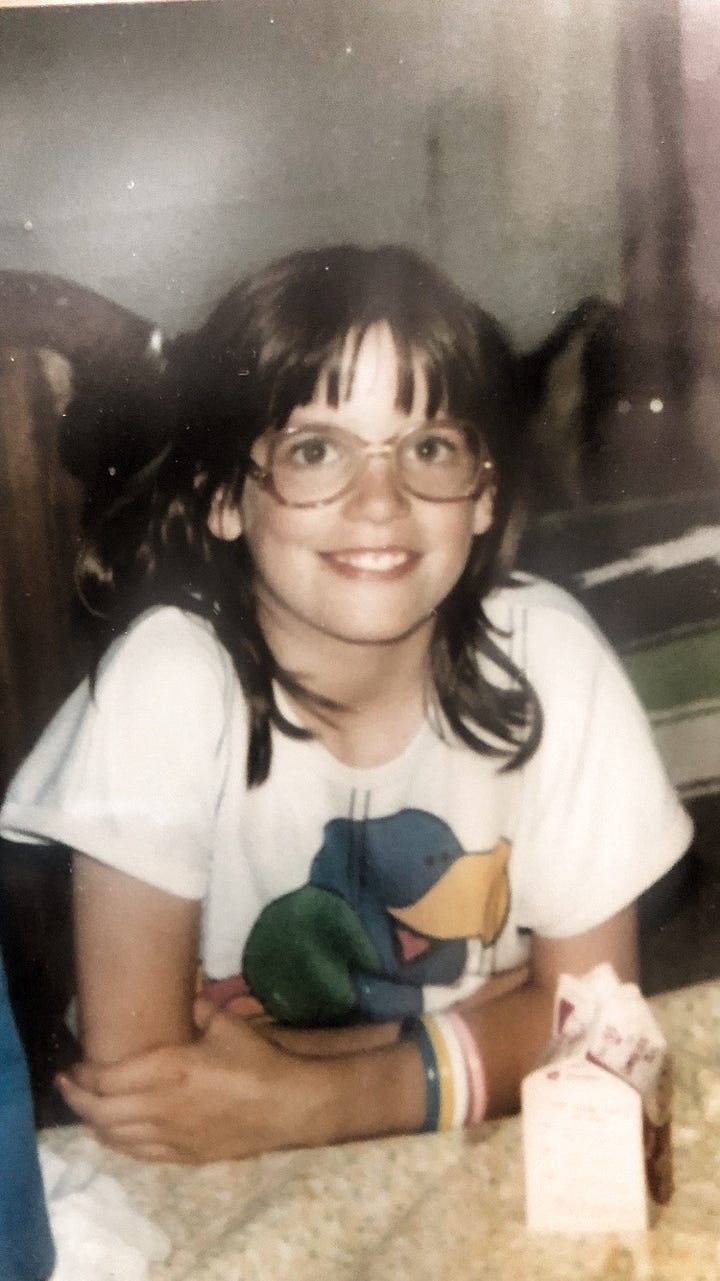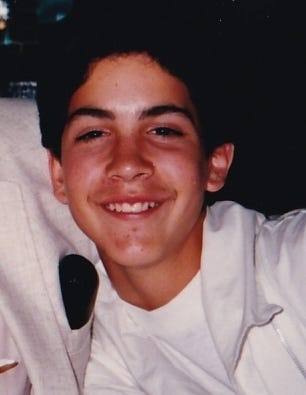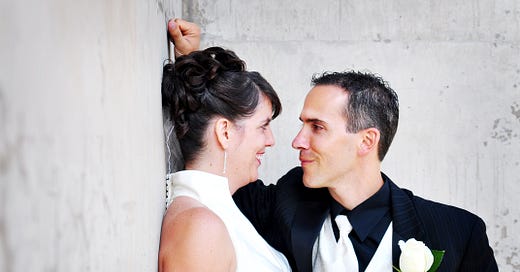Learning to tell your story can change your life. It did mine.
How understanding your past can help you make sense of your life now.
“Our own life is the thing that most influences and shapes our outlook, our tendencies and our decisions. It is the force that orients us toward the future and yet we don’t give it a second thought, much less a careful examination. It’s time to listen to our story.”
-Dan Allender
You are a story.
If you pay attention, your story has something important to tell you.
Your story can tell you why you were created and what you have to offer this world —and it’s something that you and only you can offer.
As you begin to know and tell your story, you will discover something.
Your past is influencing how you are living out your story now.
You have a choice.
You can choose to be aware of how your past is showing up, or you can ignore it.
You can let your your life be lived, reacting to things without an awareness or understanding of why you act the way you do, or you can actively engage with your story, understand the themes and then proactively co-author your story with God.
Either way, your past is a part of your present.
(I want to credit Dan Allender, Cathy Loerzel and Adam Young with pretty much everything I am about to share. Their work has informed so much of what has transformed me over the last few years. Story Work: What It Is and Why It Matters. )
God loves story. It’s how he communicates with us. Dan often shares that a whopping 70% of the Bible is story. It was one of Jesus’ favorite ways to teach his disciples. So it makes sense then that we naturally would be drawn to story.
As people, aren’t we fascinated by watching other people’s stories play out? I do love me some good reality TV. [And yes, I know it’s scripted.] Movies that tell true stories, with all the ups and downs and pain and redemption? Yes, please. Whether its novels or podcasts or social media, we are wholly captivated by other people’s stories.
What if we were that captivated by our own story?
Each of us IS a unique story God is writing. Our lives are a narrative with setting, characters, and a plot. There is rising conflict. There is a climax. There is denouement.
So the question is, do you know the story of your life?
Like the One who’s image we bear, story is how we process the world. However, too often we focus on other people’s stories because engaging with our own is vulnerable and raw and often painful. Engaging our story means going back and facing past fears and reliving past pain and heartache and recognizing unmet needs and desires we had as a child, and that’s something we’d rather not do , thank you very much.
The problem is, the past doesn’t stay there. No matter how hard we try to leave it behind, parts of it stay with us and live on in our bodies. It shows up in our “natural” reactions. It surfaces in unrecognized trauma responses. Childhood survival techniques — what helped you, as a young child, make it through your unaddressed fears, unmet needs for connection and attunement and safety — now show up as things like chronic bitterness or biting sarcasm or disproportionate anger or habitual anxiety or overwhelming insecurity.
So many of us go through life without ever knowing we have a story.
For 43 years I was unaware of my story. 2021 was the first time I ever heard about the concept my life as a story. We were 11 years into marriage and on the fast track to divorce. I’m not being dramatic. Things were devolving rapidly. We’d tried multiple rounds of marriage counseling and nothing was working. Nothing was changing, no matter what we did. I felt hopeless and alone.
Through a chance encounter with some people who introduced us to the concept of story work, they challenged us to dive into our stories. We didn’t have much else to lose, so we did. It is not an exaggeration to say that story work not only saved our marriage, but it’s also the reason I decided to go back to school at 46 to pursue a Master’s in counseling. Because it works.
Understanding our stories is what changed the trajectory of our marriage. As Chris and I started to look backwards and understand and share the stories of our individual pasts, first in counseling and then with each other, we started to recognize the ways the past was showing up in our marriage. It didn’t look or feel like the past … it just looked like dysfunction now. His anger and withdrawl. My anxiety and control. Our fears and assumptions and warped ways of viewing people/the world/God. They were childhood coping techniques that we had used so long that we didn’t recognize them as coming from the past. We just thought our marriage was broken.


The truth is, we were often a 9 year old boy and an 11 year old girl, living in two adult bodies, who were married to each other. We acted (and reacted) like children. We fought like children. We threw tantrums. Until we started the work of understanding how our inner children were showing up in our marriage, we continued to fall apart.
It was not our marriage that was dysfunctional. It was that we were two dysfunctional people who happened to be married. I would suspect that many “dysfunctional marriages” are simply two people who haven’t engaged their stories and so the past shows up and wreaks havoc on their present.
We are still very much in the process of doing the work and finding healing. But we are on our way. And the more I hear of marriages that are in crisis around us, the more I want to share about story work.
May you find freedom and healing as you engage your story.
If you’re interested in more, join Adam, Cathy and Dan in at the StoryWork Conference in Atlanta, GA, on Saturday, February 22, 2025. Find all the details at adamyoungcounseling.com



